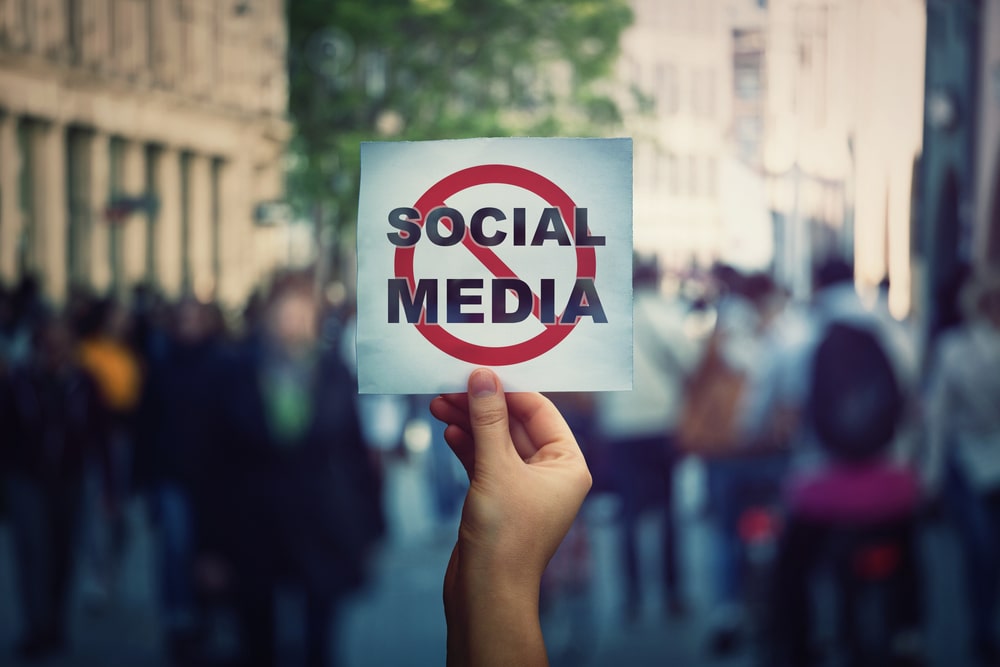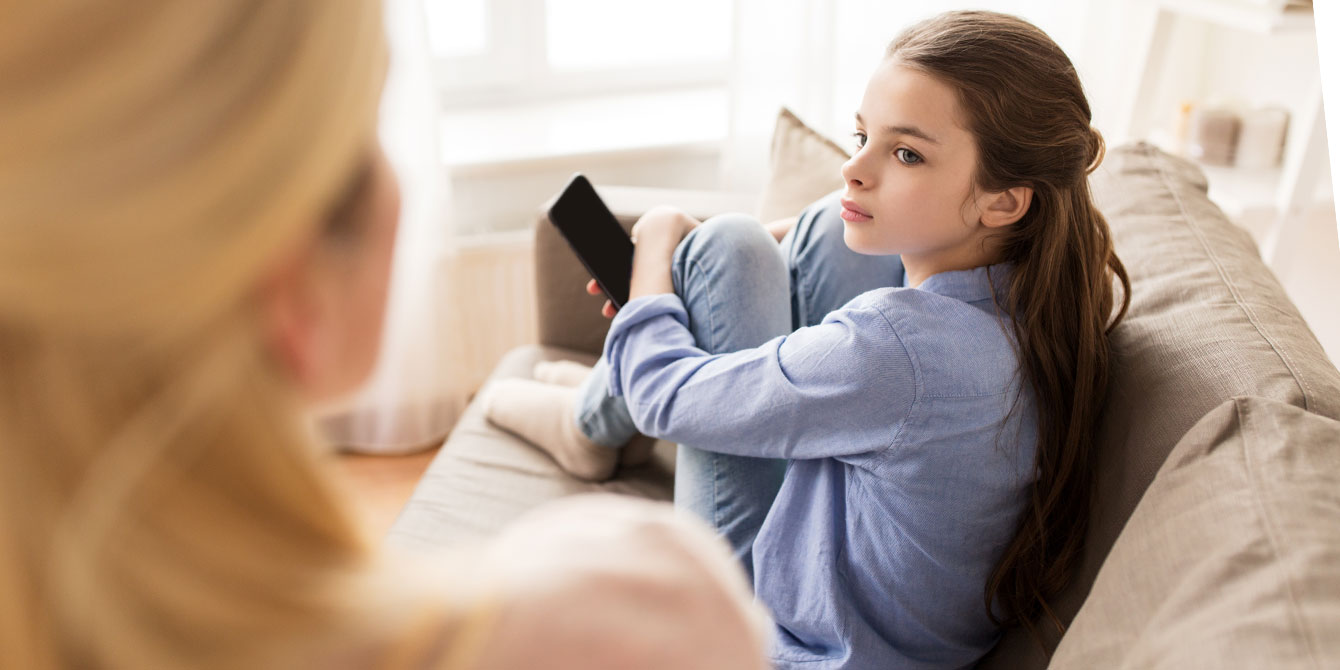Instead of stopping kids and teens from using social media, these new rules in Utah will make them go underground and use social media in less safe ways.
One night, a teenager looks through his Instagram feed. He sees that a friend has left a sad message that sounds like they are depressed and thinking of killing themselves. The child is scared, but he tries to comfort his friend through internet remarks. He tells his father, who then calls the appreciative father of the sad youngster. The problem is fixed, and the child's mental health gets better.
In this real-life scenario, the youngster worried about his friend's mental health and went to his father for aid because he was free to access social media. If his parents or the government had told him he couldn't use Instagram or a comparable app, things could have turned out quite differently. 
For example, the worried youngster might not have told his father that he thought a buddy might be suicide out of fear of getting in trouble for accessing a restricted social networking platform. He might be worried that his friend will also get in trouble. The friend's dad wouldn't have known, and the friend would not have gotten the help he needed.
As with most restrictions, they don't function and can even make it less safe to use something that has been banned.
More and more people are saying that kids shouldn't be allowed to use social media since it hurts their mental health and overall well-being. Last week, the governor of Utah signed into law two legislation that require parental permission for children under 18 to use social media and make it illegal for anyone under 18 to use social media between 10:30 p.m. and 6:30 a.m. These bills go beyond what parents can do on their own.
Instead of stopping kids and teens from using social media, these new rules in Utah will make them go underground and use social media in less safe ways.
This is true of all bans in general. For example, making drugs illegal hasn't stopped people from using them, but it has made them stronger and more likely to kill.
When the 18th Amendment to the US Constitution was passed in 1919, it made it illegal to sell alcohol anywhere in the country. During Prohibition, people kept drinking a lot of alcohol, even though speakeasies and bootleggers were popping up all across the country. The illicit side of alcohol use also made it more risky, and the content of the alcohol became less clear and sometimes more toxic.
The PBS television series "Prohibition," made by Ken Burns and Lynn Novick, showed the many unforeseen effects of outlawing alcohol during Prohibition, which ended when the 18th Amendment was repealed in 1933. One of these effects was that during that time, hundreds of Americans died because they drank alcohol that wasn't safe.
Jon Miltimore, the managing editor of FEE, argued that some of these deaths were caused on purpose by federal officials who poisoned alcohol to get more people to follow Prohibition rules.
"However, the most obvious unintended effect of Prohibition was the biggest," observed historian Michael Lerner. "For more than a decade, a law that was supposed to help people be more moderate did the opposite. The remedy the U.S. came up with to stop people from abusing alcohol only made the situation worse. Statistics from that time are notoriously unreliable, but it is apparent that more and more individuals were drinking in various sections of the United States.
Bans on what people do don't work and often make the situation worse. For example, in the 1920s, alcohol sales were banned, and in the 2020s, teens can't use social media.
Parents have the right to tell their kids how to use technology and social media, but I would encourage them to avoid restrictions and instead encourage communication.
But the government has no power to take away these rights by prohibiting digital tools or making parents use specific settings. This is what Nobel Prize-winning economist Friedrich Hayek called the "fatal conceit" of central planners who think that "man is able to shape the world around him according to his wishes," which often has unforeseen effects. Families should be able to decide for themselves what they want to do with technology and social media without interference from the government.
The mental health of young people getting worse is a big concern, and there are good ways to fix it, but social media bans shouldn't be one of them.












